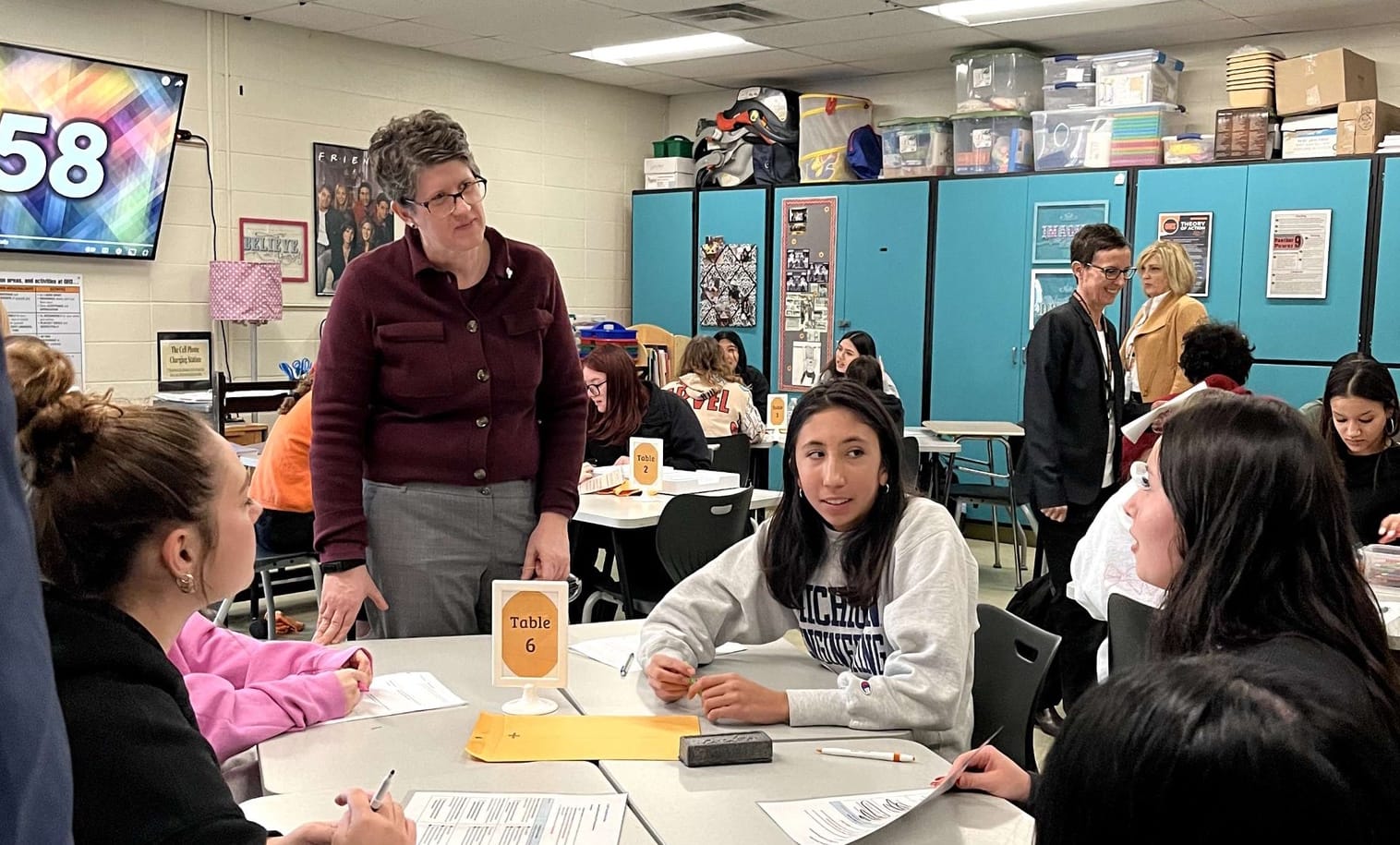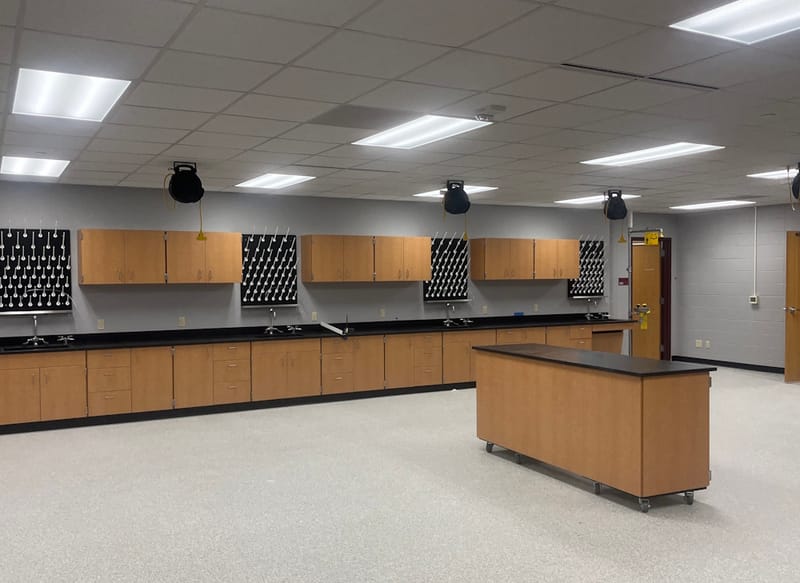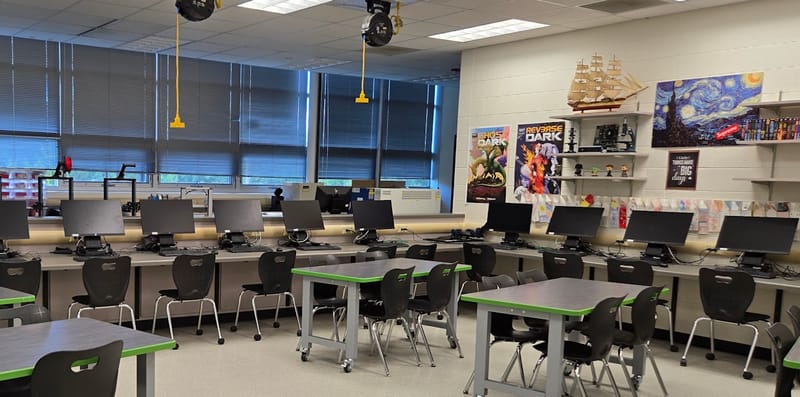Underly, Audit Committee agree changes needed for teacher licensure process after report
After sexual misconduct investigations, DPI officials urged several actions, including defining and strengthening laws, closing the private school loophole, strengthening investigations, establishing clear statewide standards, and modernizing the licensure system.

The Joint Legislative Audit Committee has ordered an audit of the Wisconsin Department of Public Instruction's (DPI) licensure protocols following a report from The Capital Times that found that there were over 450 educator license investigations since 2018 involving sexual misconduct or grooming allegations. The Times report alleged there was little public transparency for these investigations.
More than 200 Wisconsin teachers, aides, substitutes, and administrators who were accused of sexual misconduct or grooming behaviors toward students either had their licenses revoked or forfeited their credentials to avoid in-depth probes. Nearly half were closed due to insufficient evidence.
“Student safety is the foundation of everything that we do in education,” DPI Superintendent Dr. Jill Underly said. “Every allegation of educator misconduct is treated with the highest level of seriousness and is thoroughly investigated by the Department of Public Instruction.”
At an earlier hearing, DPI Deputy State Superintendent Tom McCarthy and two other DPI representatives delivered testimony and answered questions on behalf of Underly, who was out of state at the time.
Before the November 5 Committee meeting, Dr. Underly announced a new licensure database and other updates.
Underly said she welcomed “a long overdue discussion about the need to both modernize our licensing systems, and update existing statutes to clarify, broaden and deepen the limited statutory authority the DPI has in these serious matters.” Officials at DPI urged several actions to improve the process, including defining and strengthening laws, closing the private school loophole, strengthening investigations, establishing clear statewide standards, and modernizing the licensure system.
When DPI officials revealed that, because of staff shortages, only one-and-a-half staff members on average were assigned to each investigation, the committee asked why that was not raised during budget deliberations.
Underly explained she had not been invited to present her budget before the Joint Finance Committee. Typically, heads of state agencies are invited to present their budget requests to the JFC.
As a result, Underly travelled to JFC public hearings held around the state to speak for two minutes, as is allowed to the general public. Ultimately, the JFC reduced DPI's requested funding by 10%.
In a joint statement, audit committee co-chairs Sen. Eric Wimberger (R-Oconto) and Rep. Robert Wittke (R-Caledonia) said, “In the coming weeks and months, state auditors will work to get the answers from DPI that the public deserves.”
Joe Chrisman, head of the nonpartisan Legislative Audit Bureau, outlined that the audit ordered by legislators will likely examine, among other components:
- Trends in the allegations received and investigated by the department
- The duration of the department’s investigations
- Written policies and procedures the department uses for its investigations, and whether those were consistently followed
- How the department gathered evidence, assessed information, and documented its investigations and decisions.
- Trends in the department’s investigation determinations over time
- Fiscal, staffing, and technology resources used by the department for investigations
- How the department’s investigation processes are similar to or different from those used by other Midwestern states






